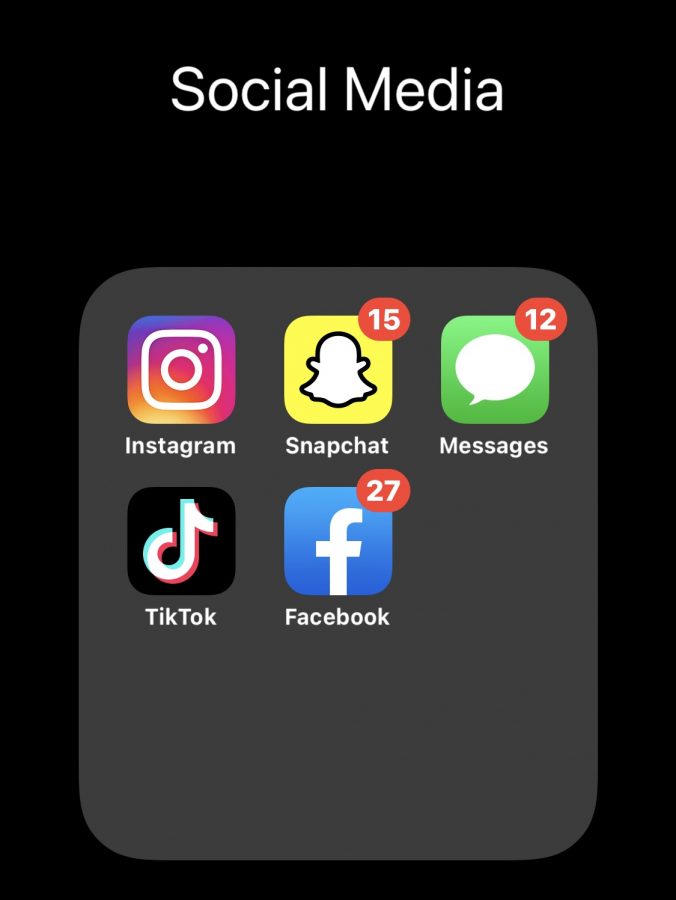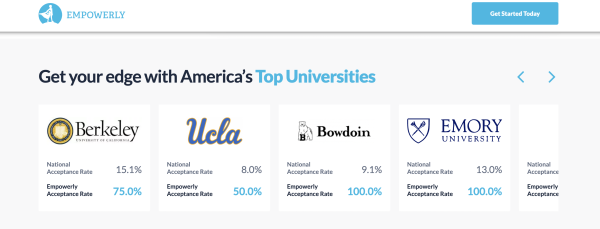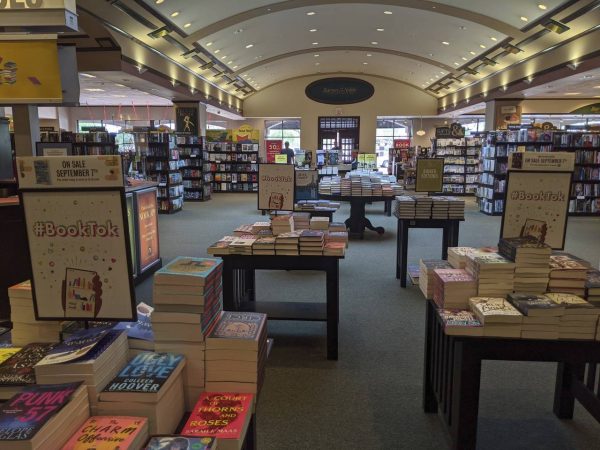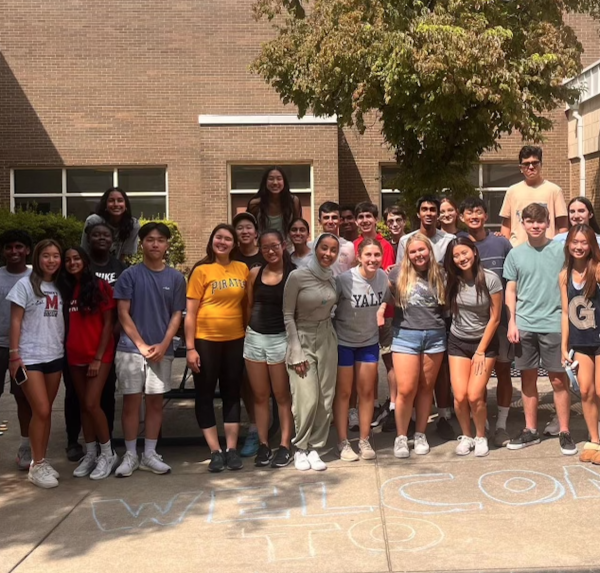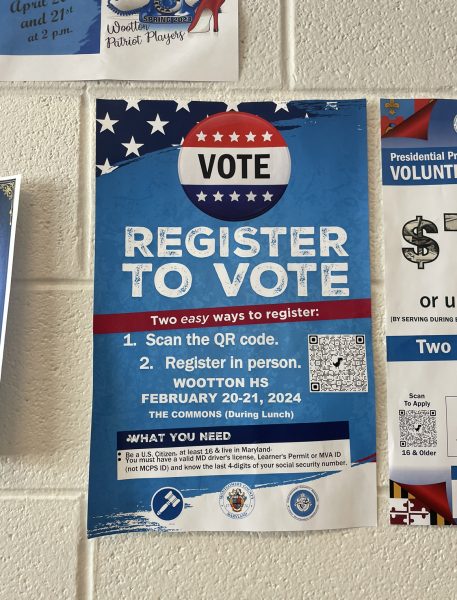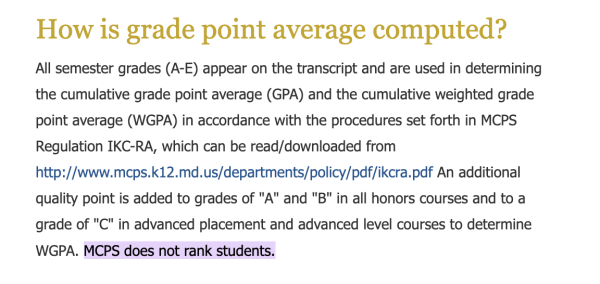Social Media: Constructive or Destructive?
Platforms such as Facebook, Twitter and Instagram began as platforms to communicate with those you might not be in close physical proximity to. Now, social media is so much more than just a means of communication.
The expansion of social media largely began in the early 2000s, with the age of first-time users becoming younger and younger each year. Commonsense.org explores this idea, stating that “Children have to be at least 13 to sign up for most social media platforms. But we know that many tweens work around this restriction.”
A common issue associated with social networking is cyberbullying. This is particularly common among adolescents. According to bullyingstatistics.org, “Over half of adolescents and teens have been bullied online, and about the same number have engaged in cyber bullying.” This is an alarmingly high percentage.
Though parents often restrict their children’s use of social media because they believe it is harmful to mental health, this is not entirely true. Yes, social media usage can have an array of negative consequences, but this is not the case for everyone. According to the NIH, “Some authors have indicated that certain SNS activities might be associated with low self-esteem, especially in children and adolescents. Other studies have presented opposite results in terms of positive impact of social networking on self-esteem.”
I think social media is a really good way to connect with people and make new friends but can also be toxic [because] it can make you feel insecure or feel excluded at times.
— Kelly Ren
Freshman Kelly Ren looks on both sides of the social media debate. “I think social media is a really good way to connect with people and make new friends but can also be toxic [because] it can make you feel insecure or feel excluded at times,” Ren said.
Senior Sean Kim corroborates this idea of increased connectivity through social networking. Referencing the coronavirus, Kim said, “Social media is beneficial, especially now because a lot of people cannot see their friends and peers in person. It’s a great way to keep in touch and communicate with them.”
Kim, like most high school students, has an Instagram account that he checks regularly. He believes it to be “detrimental because it can be very distracting. I notice that I check my feed a lot more than I need to,” Kim said.
Social networking and the internet in general will never be an entirely positive or negative establishment. Therefore, people need to decide for themselves whether or not they believe the advantages are worth the disadvantages. “I think the benefits of social media do outweigh the downsides. Social media can help a lot of people express themselves and can create new friendships,” Ren said.
Social media can connect old friends, help spread awareness, give a platform to share good news, teach consumers new things, and provide numerous other benefits. That being said, it comes with risks, including the destruction of relationships, harm to mental health, promotion of bullying, interference with time management and others.
Your donation will support the student journalists of Thomas S. Wootton High School. Your contribution will allow us to purchase equipment and cover our annual website hosting costs.
Kirby is a 2021 graduate.


